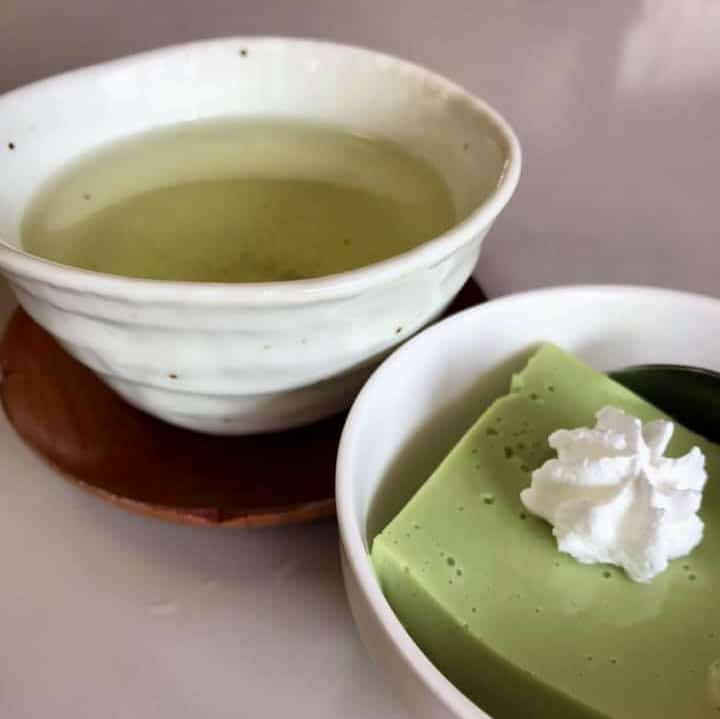Elderly Japanese Woman Shares Unexpected Perspective

One day some years ago, I was sitting next to Sumiko after class at the Senior’s Day Care center where I have been teaching English for 26 years. Between bites of matcha pudding and sips of tea, she shared with me a little about her life.
Sumiko was born in Taiwan during the days of Japanese occupation in the early 20th century.
“I went to an all girls’ school in Taiwan. We were not allowed to mingle with boys. That was improper. When I came of age, I was married to a boy whose family was also from Kagoshima.”
“Did you have to marry someone from Kagoshima?” I asked.
“Yes, that was the way it was done in those days. We didn’t marry people from other prefectures. Our parents arranged the marriage. I had never even seen my husband before our wedding day.
“When I was 26, we moved to Osaka. I made uniforms in a garment factory before and during the war. My husband was sent to the war.”
She wasn’t happy with the government in those days. She hated its militarism, but like everyone else, she kept quiet.
There was very little food. Any metal she had, even cooking pots, was given to the military to be made into machines of war. Life was hard. Many died of starvation.
Like all the common people, Sumiko rejoiced when the war ended. “It was good we lost the war,” she said, echoing the words I have heard many times from those of her generation. “If we hadn’t lost, we would have all starved.”
At the end of 1945, Sumiko’s husband returned and they moved to Kagoshima, stepping foot for the first time in their ancestral city, now completely flattened by fire.
“We could see from one end of the city to the other,” she told me.
Sumiko endured the hardships of building a home and a life from the ashes of war while subsisting for months on nothing but sweet potatoes. She fought through the tough times, raised her family, and has survived into old age.
Now, in her 90’s, Sumiko says, “I’m enjoying the happiest days of my life. I live off my pension. I don’t need work or bother my kids for money. I am free. I can do whatever I want each day.”
“The happiest days,” she repeated, sighing contentedly.
See also Gratitude Never Grows Old.
If you have questions about Japan or suggestions for articles, please add them in the comments. For more photos and information on Japan, follow me on instagram at: https://www.instagram.com/more_than_tokyo/




